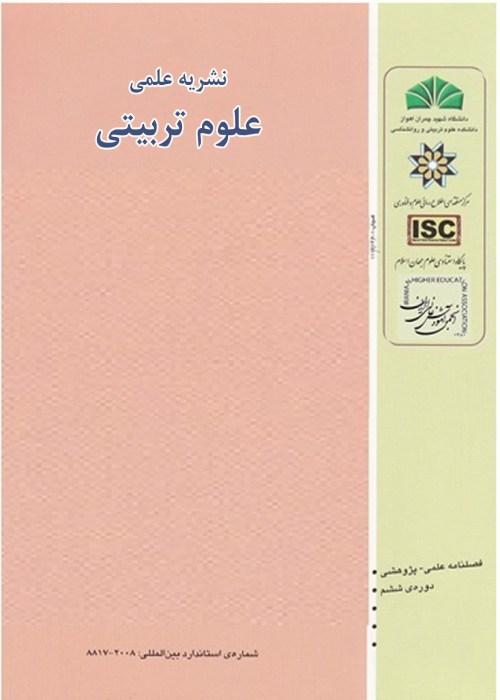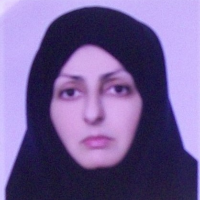Presenting the Epistemological Model of Quranic Intellectual Education in Elementary Schoo
The present study was carried out with the aim of presenting an epistemological model of Quranic intellectual education in the elementary school.
This research is fundamental-applied in terms of its purpose and in terms of data collection, the research method is mixed. In terms of the method of implementation, the researcher's effort is based on the use of groundedd theory method (interview with experts) and the use of descriptive survey method, which collects research information data in two qualitative and quantitative stages.The statistical community in the qualitative part of the research included education experts, and non-random purposeful sampling method was used to determine the samples, and the number of 20 people was considered as the sample size using the saturation principle. The second group of the statistical population of this research in the quantitative part included all the elementary teachers of Tehran, numbering 2522 people. Cochran's formula was used to determine the sample size of the quantitative part: therefore, 300 people were selected as the research sample. In general, the sampling method in this study was random cluster sampling. Semi-structured interviews were used in the qualitative part of this research. In the quantitative section, a researcher-made questionnaire was prepared. The validity and reliability of the instruments were confirmed. The method of data analysis in the qualitative part of the theoretical coding was derived from the data theorizing method. In the quantitative section, a one sample t-test was used to answer the research questions.
The results of the analysis showed that among the 49 indicators (items) available, 11 main components can be identified. These dimensions and components include affirmative knowledge (knowledge of self, environment and skill knowledge), explanatory knowledge (individual and social spiritual knowledge), real knowledge (intuition and gradual training), and credit knowledge (heart, senses and perception).
In order to teach thinking, elementary teachers should provide education in a gradual and step-by-step manner while creating an intuitive mechanism for students. Individual and social spiritual knowledge is also considered in this research. In this regard, it is a priority for teachers to teach values and spirituality. Recognizing the documentation of the principles of religious thinking, intelligent response to problems according to the Quranic guidelines, and predicting spiritual issues according to the Quranic guidelines are other indicators of explanatory knowledge.
- حق عضویت دریافتی صرف حمایت از نشریات عضو و نگهداری، تکمیل و توسعه مگیران میشود.
- پرداخت حق اشتراک و دانلود مقالات اجازه بازنشر آن در سایر رسانههای چاپی و دیجیتال را به کاربر نمیدهد.




